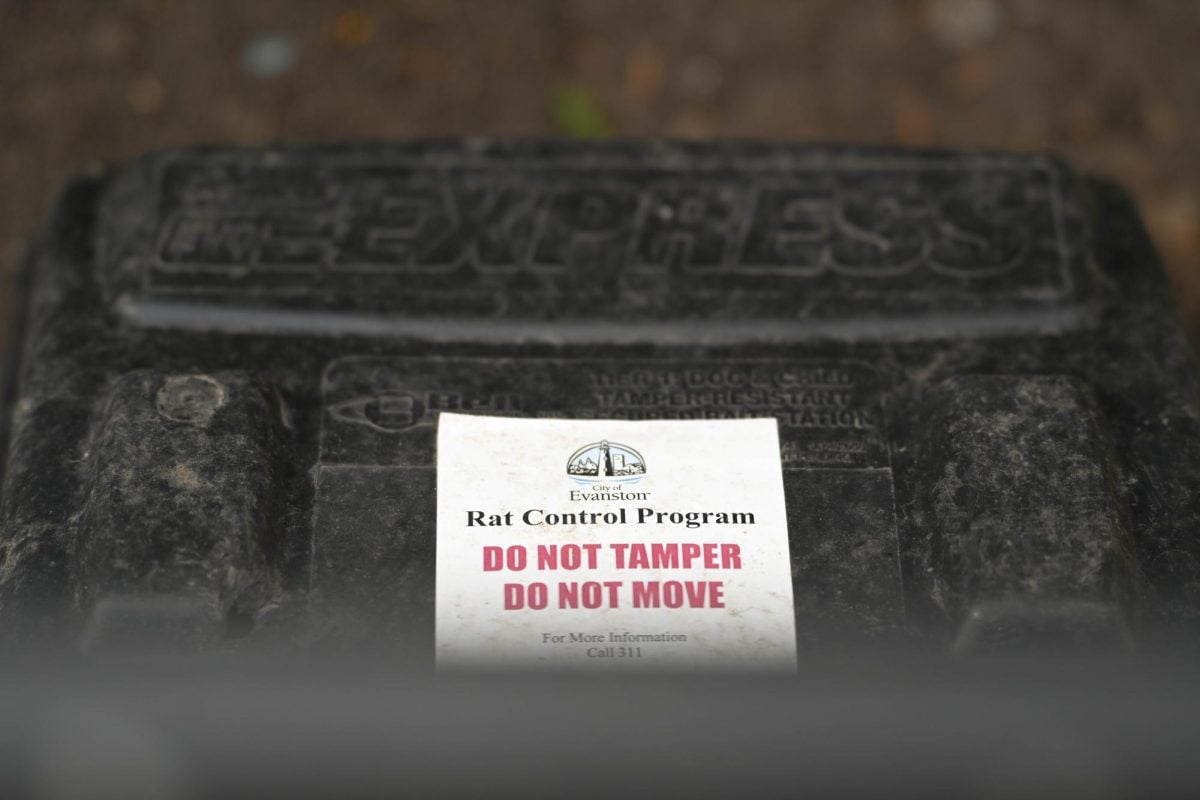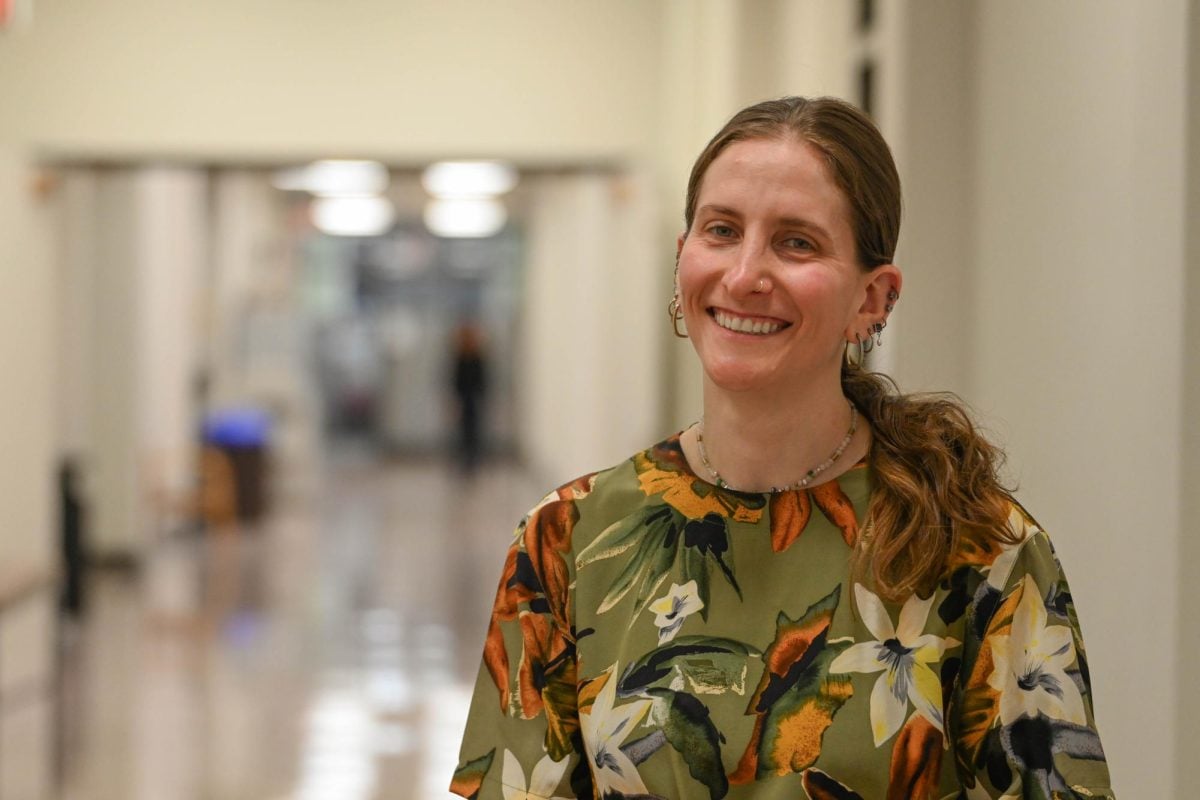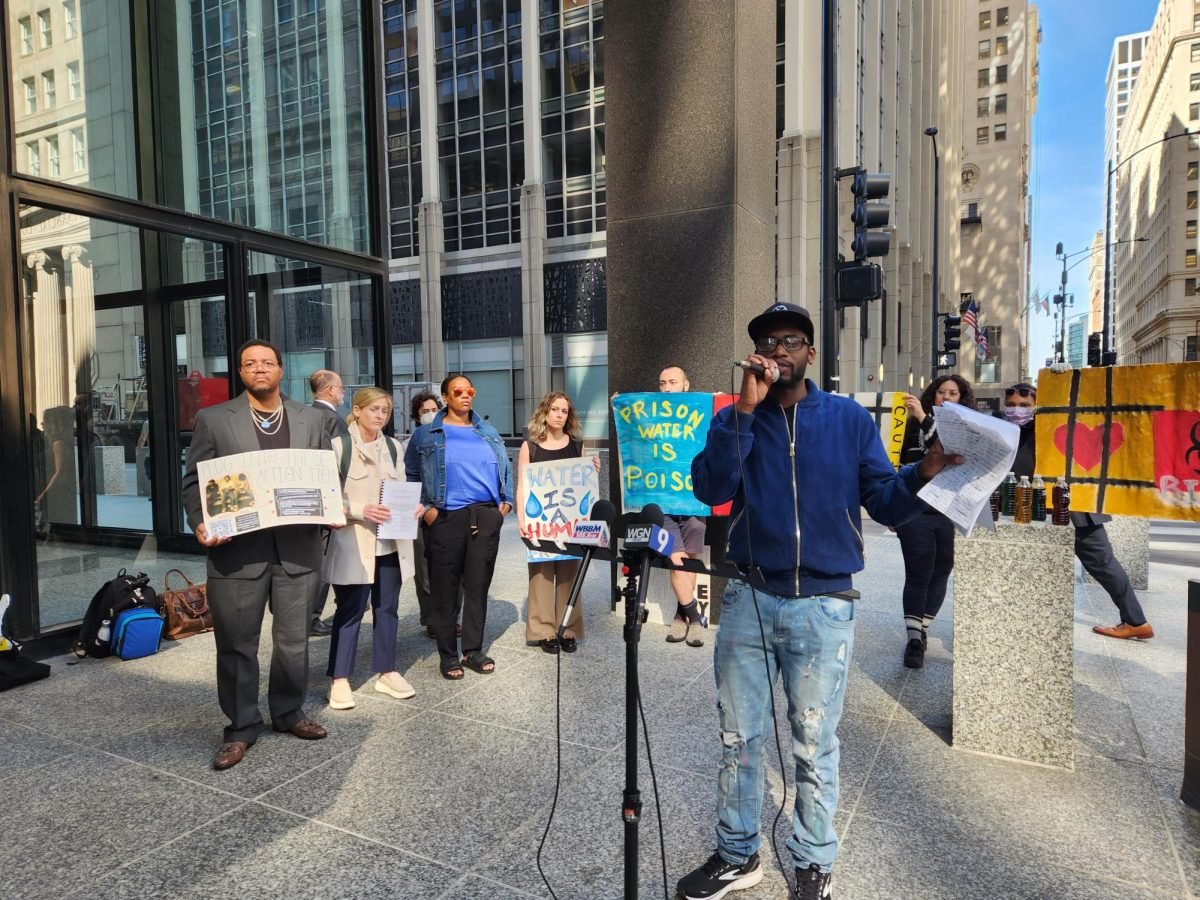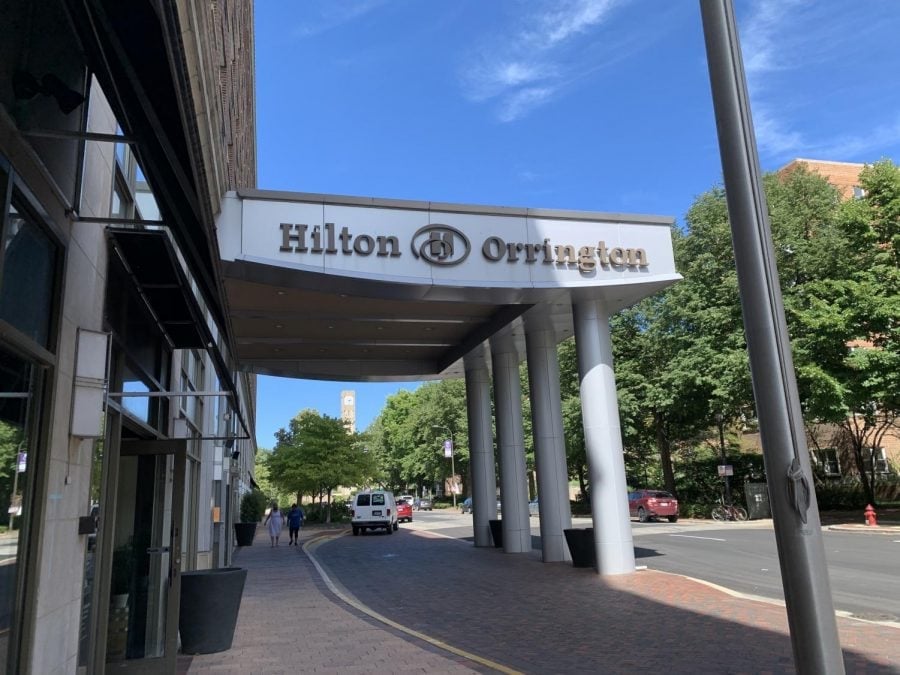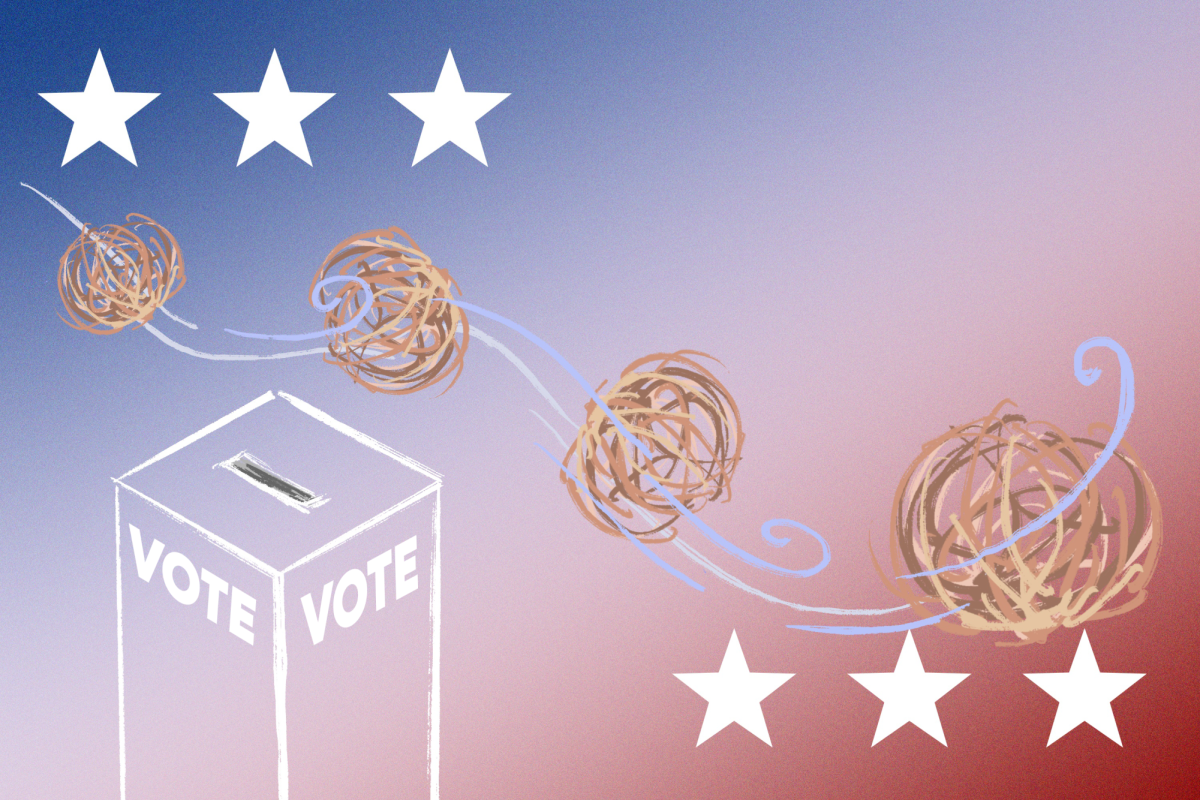Illinois Gov. Pat Quinn is urging state lawmakers to increase the “dropout age” for high school students from 17 to 18 in hopes such a policy would improve graduation rates. However, local school officials and educators are skeptical about the plan’s ability to turn at-risk youth into better students.
Jonathan Baum, District 202school board member, said although dropping out is not a huge concern for Evanston Township High School with its over 90 percent graduation rate, he would like to see the district graduate all of its high school students. He said he believes more could be done to that end, but he is uncertain raising the dropout age is the perfect option.
“I’m somewhat skeptical about that because I’m concerned about the total educational environment,” Baum said. “What is the impact on the school environment as a whole of having more students there who don’t want to be there? What is the impact educationally for all of the other students in the school? I just think that’s one of the issues that I don’t think has been thought through.”
President Barack Obama similarly advised that every state keep students enrolled in school until at least age 18 during his Jan. 24 State of the Union address, emphasizing the importance of a high school diploma.
However, Northwestern Prof. Jelani Mandara expressed doubts that high school graduation by itself could make a significant difference in students’ lives. The human development and social policy professor said the path to success for many young people can be complicated – some may have aspirations for higher education, but others may find alternative ways to be productive members of society.
“I think (the law) needs to be connected to work,” Mandara said. “If you do drop out at 17, that’s fine if you’re gainfully employed. Other than that, you need to be in school. And if you’re truant, you have to go to a school at the juvenile hall. I don’t know – that’s a touchy one. But certainly hanging out on the corners shouldn’t be an option. They could be going to job-training programs or other apprenticeships that aren’t necessarily connected to the high school. I think that’s completely fine.”
Another area of concern educators have about Quinn’s proposal is how it will impact truancy rates. Currently, Illinois school code stipulates that chronic truants may suffer legal consequences in addition to disciplinary action enacted by their respective schools, including orders to appear in juvenile court as well as fines and jail time for their parents.
“Certainly it will increase the truancy rates, so that would be one potential negative,” Mandara said. “That’s a given. I think they understand that, the policymakers.”
Although several local officials agree high schools should make the utmost effort in achieving a 100 percent graduation rate, they expressed concerns over how Quinn’s proposal may be executed without additional state funds for supporting other educational initiatives geared toward improving students’ learning experiences.
Seth Green, executive director of Evanston-based Youth Organizations Umbrella, a local youth advocacy agency, said although his organization is neutral on Quinn’s proposal, he believes schools should prioritize keeping students enthusiastic about their education.
He said the “number one reason students drop out of school is that they don’t feel connected to their schools, to their community and in many cases to their own dreams and aspirations,” adding it is only through special attention that at-risk students can be made to value learning.
“I think the biggest question is how can we help kids in connecting to school and succeeding in school,” Green said. “And I think we really need to support them in their lives in order to succeed in that, so for me, it’s not that I am either for or against Gov. Quinn’s proposal, but I think there are other measures that are even more important. We need more support for at-risk youth who are dropping out, and those supports should be holistic – really supporting them socially and emotionally as well as academically.”
Y.O.U. recently relaunched its high school after-school service as the “CONNECT Program,” which provides one-on-one academic support to registered ETHS students, according to the agency’s website. Through CONNECT, Y.O.U. staff instruct students in building study skills, creating daily homework plans and observing study time. Each year, the organization serves over 600 youth, helping 96 percent increase their school attendance, according to an informational flier provided by Y.O.U.


